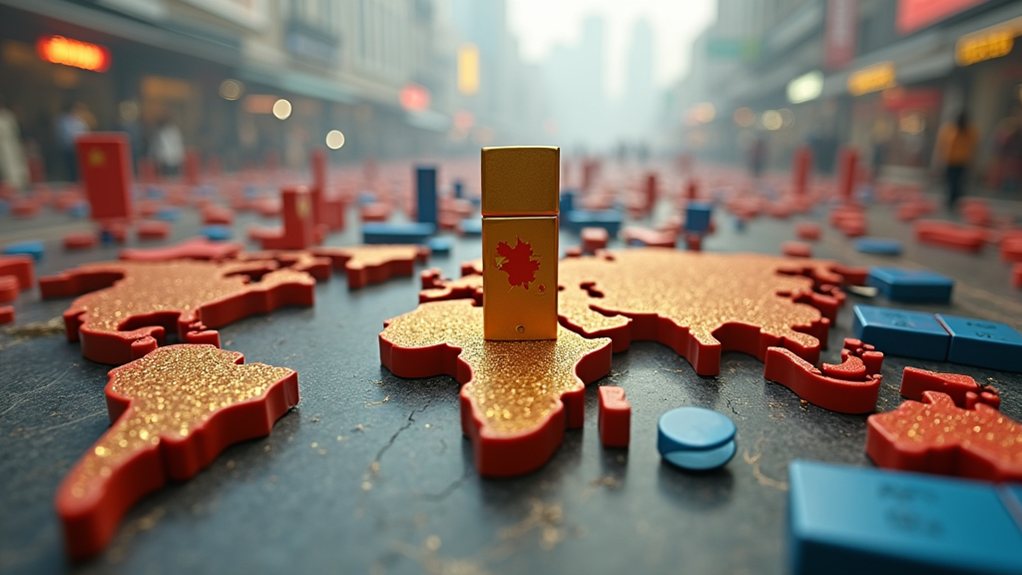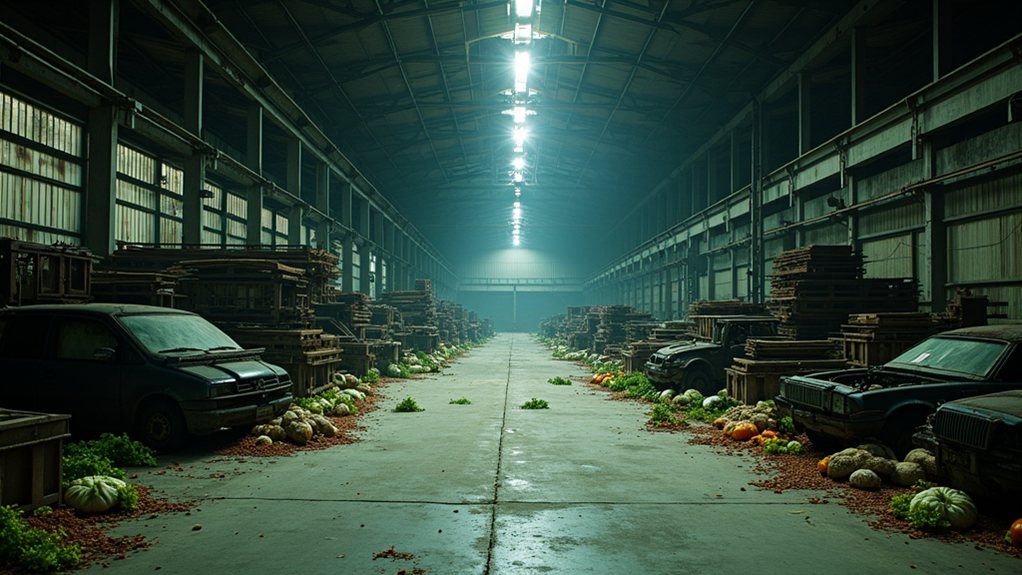As the U.S. under President Trump implements new tariffs on steel and aluminum imports, Australia is seeking an exemption from these policies. The tariffs include a 25% tax on steel and a 10% tax on aluminum. Previously, Canada and Mexico had exemptions, but those have been removed. Trump aims to boost U.S. revenue and protect local industries, but this has led to pushback from other countries.
Prime Minister Albanese of Australia had a "constructive" call with Trump, who agreed to contemplate the country's exemption request. Australia received an exemption during Trump's first term and believes its strong trade surplus and defense ties should warrant another exemption. The AUKUS agreement, a strategic partnership between Australia, the U.K., and the U.S., is also part of the argument for this exemption.
Prime Minister Albanese seeks a tariff exemption, leveraging Australia's trade surplus and AUKUS partnership with the U.S.
The economic impact on Australia could be significant. Currently, 40% of Australian exports go to China. If the Chinese economy slows, demand for Australian iron ore might drop. The Australian dollar fell to a five-year low following the tariff announcement, which could lead to higher import costs and inflation. Additionally, the risk of universal tariffs could further jeopardize Australia's export markets. Tariffs are taxes on imported goods that can significantly affect the economy by increasing costs for consumers and businesses alike.
However, some sectors in Australia might benefit from trade diversions. Key Australian exports at risk include steel and aluminum products, beef, wine, machinery, and minerals. These tariffs could disrupt international supply chains and lead to retaliatory actions from affected countries. A slowdown in China's economy could also have global repercussions.
In response, the Australian government is pursuing bilateral talks with the U.S. and strengthening regional partnerships like the Comprehensive and Progressive Agreement for Trans-Pacific Partnership (CPTPP). Australia is exploring ways to diversify its export markets and boost local manufacturing.
Looking ahead, the country plans to invest in innovation and infrastructure to maintain competitiveness. Australia is preparing for various tariff scenarios while seeking new trading opportunities.









